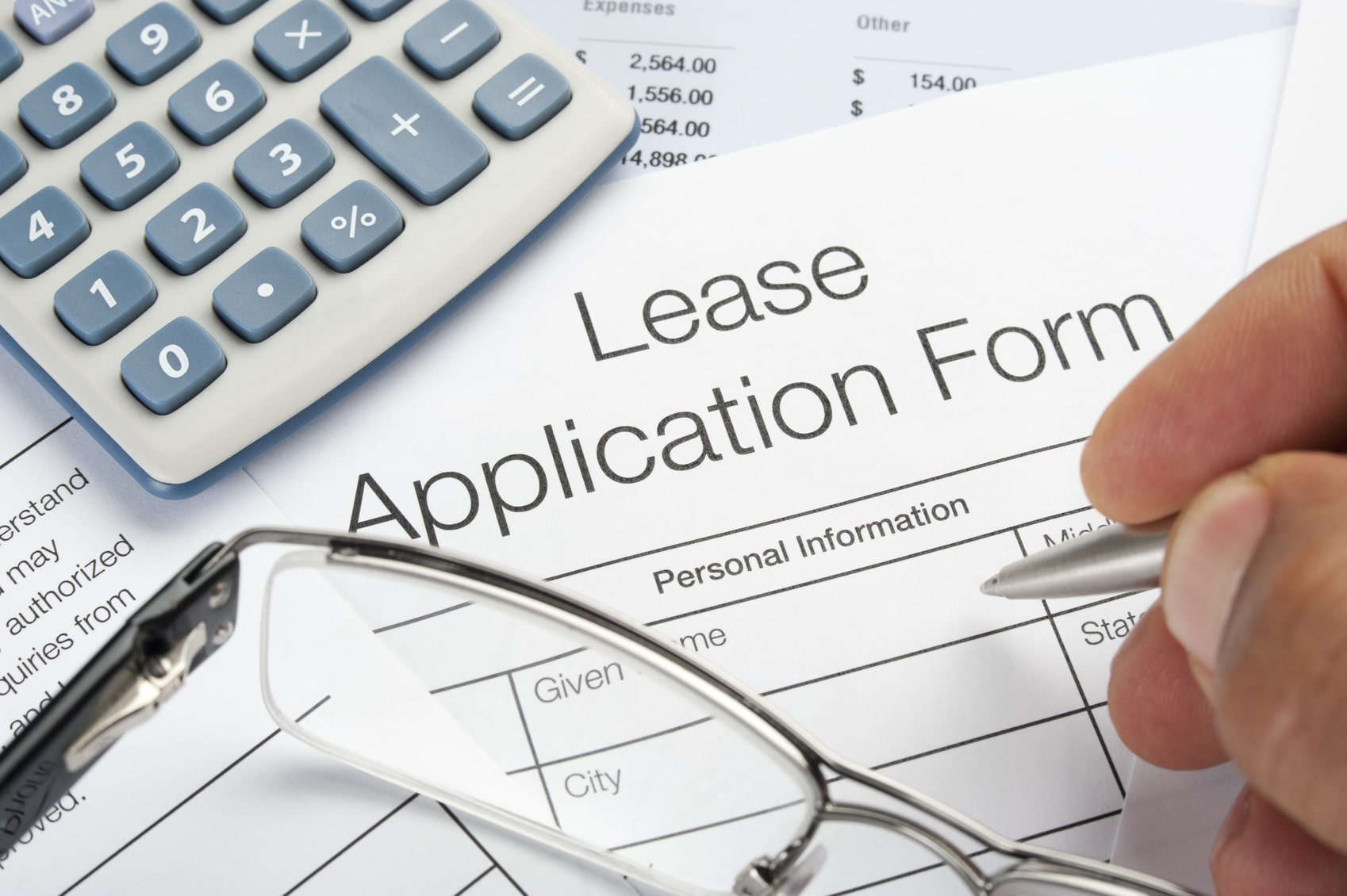Understanding Your Commercial Lease – Part 2 – The Lease
Following the execution of an Offer to Lease, the parties usually enter into a more formal commercial lease. A lease is a legal agreement between a landlord and tenant whereby the Landlord allows the tenant to use a space (a building, part of a building or a piece of property) for a specified period of time in exchange for the payment of rent. There are a number of important considerations to be made when negotiating your commercial lease in order to minimize some of the potential risks to your business in the future.
Important Considerations:
- Be aware of how much rent you will be paying for the space and what that amount includes. Is there anything else that you will be responsible to pay for? Most commercial leases are what are referred to as “net” leases meaning that things like your share of realty taxes, insurance and other operating costs (utilities, repairs to common areas, security, snow removal, etc.) will be in addition to the basic rent you are paying. It is important to understand the total rent you will pay.
- How long will you be permitted to occupy the premises and do you have any additional rights to extend the term of the Lease? It is important that a right to extend the term is included in your lease, even if you do not end up exercising the right. Otherwise, the Landlord can require that you vacate the premises at the expiry of the initial term. This is particularly important if you sell your business because a potential purchaser will want to know it has security of tenure at that location.
- What type of business will you be allowed to conduct at the premises? This is often referred to as the “permitted use”. If the use is too narrowly defined, you may not be able to do what you were intending to do at the premises. Consider asking for an “exclusive” on the permitted use so the Landlord cannot permit any other tenant to operate a similar business.
- Will you be responsible to maintain, repair or replace any items within or servicing the premises, including any capital items such as the heating, ventilating and air conditioning (HVAC) system? This could be very expensive. This type of repair or replacement should be included in operating costs and amortized over the useful life of such item so that you as tenant are only responsible for your “proportionate use” of such amortized amount.
- Does the Landlord have the right to terminate your lease (ie. if the landlord sells the property or wants to renovate)? This could be very detrimental to your business as you may have established goodwill tied to that particular location. It would also be very expensive to have to re-fixture at another location. If the Landlord insists on this right, consider negotiating a provision that requires the Landlord to pay all costs, both direct and indirect, if it exercises such right. You could also consider putting a time frame on the right (ie. limiting the exercise of the right to after the first 5 years of the term).
- Does the Lease require you to subordinate and attorn to the Landlord’s mortgagee? If so, you should require that the Landlord obtain a non-disturbance agreement from its mortgagee which ensures that you can remain in the premises “undisturbed” for the duration of the term, even if your landlord defaults on the mortgage.
You should always seek proper legal advice when looking at entering into a commercial lease. If you have any questions about the issues in this blog or any general questions about commercial leasing, feel free to contact me directly.
Catherine Ivey
Associate with the Corporate and Commercial Real Estate Group
Disclaimer: This article is provided as an information resource and is not intended to replace advice from a qualified legal professional and should not be relied upon to make decisions. In all cases, contact your legal professional for advice on any matter referenced in this document before making decisions. Any use of this document does not constitute a lawyer-client relationship.
